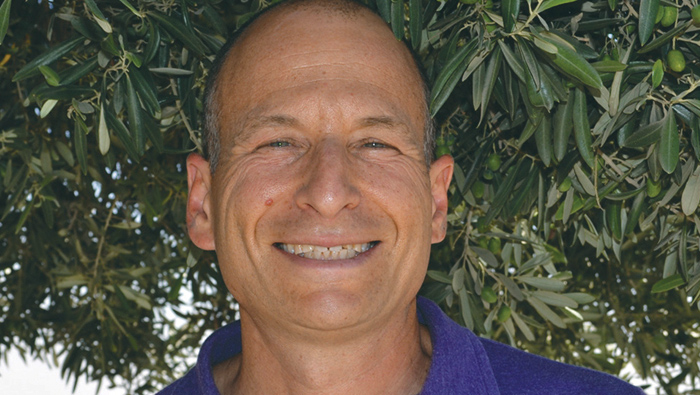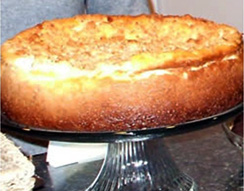A free translation from the work of Rabbi Lior Engelman
As part of the spiritual accounting that characterizes the period of the High Holidays, we are invited to survey ourselves and ask honestly: In relation to last year, has our spiritual condition improved or worsened; were the hopes that we expressed during last year’s High Holidays – that there would be a change in our character – realized or did they vanish into nothing? It’s difficult to find an exact scale to help us perform a proper spiritual check-up, one that will not delude us and yet one that will also not produce a picture of exaggerated gloom.
The Rebbe of Piaseczno offers us an honest and true scale: “If you want to learn about yourself, to tell if you rose or, heaven forbid, if you fell during the past year, look at your wishes – but only your wishes and not your fantasies. Every Jewish person wants to be a tzaddik (a righteous person), but this is a type of fantasy: A person fantasizes that they will wake up one morning and find that they have become a tzaddik. This is not a true spiritual wish. Only a condition towards which a person is willing to work can be considered a true spiritual wish. And so, if you want to learn about your spiritual condition, look to your wishes. What did you want spiritually a year ago and what do you want now? If your wishes have increased – or even if they have stayed the same – this is a sign that you have risen spiritually.”
A proper spiritual check-up according to the Rebbe of Piaseczno, therefore, is measured by our willingness to put in effort, to take that extra spiritual step – and to take responsibility for all that results from this step. A comparison of our willingness to commit to this work during the course of the coming year in comparison to last year will testify like 1,000 witnesses to our true spiritual condition.
But something is bothering you. A tiny voice sneaks into your heart and whispers: “Last year at this time you also thought that you could change; yes, you thought that you could change your skin and become a really pious person. And yet, you repeated your sins again and again. What was last year will be this year: You will be greeted by the same failures and sins, and all of your prayers will be for naught.”
Here, too, the words of the Rebbe of Piaseczno can be helpful. Our problem stems from our hope for big changes: to be a completely different person, to be free of sin. The expectation is so lofty that when the High Holidays pass we find that we have no tools to bring it to fruition, for it’s not possible to change drastically in one fell swoop. And so we are left to struggle with a powerful fantasy that cannot be realized in our lives.
Our job is to translate the great feeling of penitence that we have at this time of year into defined goals. We need to identify honestly for ourselves a practical spiritual goal for the coming year for which we are willing to pay a price. A person who wants to change their character will not desire in a general way to be humble (for example). This person will set aside a defined period of time to study the trait of humbleness and will commit to performing certain specific actions that can help them attain their goal. And a person who wishes to be more charitable will take it upon themselves to perform a few more specific charitable acts – but to do this with consistency. In this way, one’s practical spiritual wishes will be realized.
The Rebbe of Piaseczno concludes here: “A false spiritual wish can always be very great. A person can always fantasize about taking a giant leap and becoming an exalted tzaddik in an instant. Not so is the true spiritual wish, the wish that is realized with work; it knows no short cuts, but only measured steps, step after step, towards a more elevated spiritual condition.”
Shanah Tova!
Teddy Weinberger, Ph.D., writes from Givat Ze’ev, a suburb of Jerusalem just over the Green Line. He and his wife, Sarah Jane Ross, made aliyah in 1997 with their five children. Teddy is director of development for Meaningful, a company that works with Israeli nonprofit organizations. His in-laws live in Scottsdale for most of the year.






